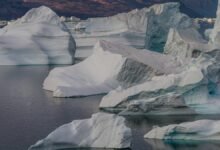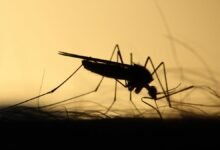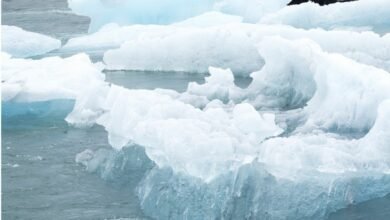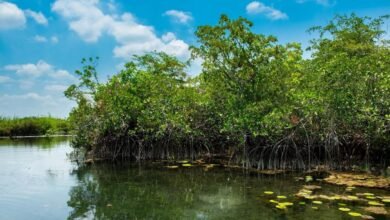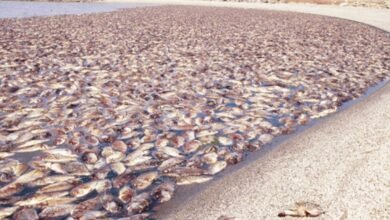Know how the systematic destruction of wetlands creates an impact on the planet
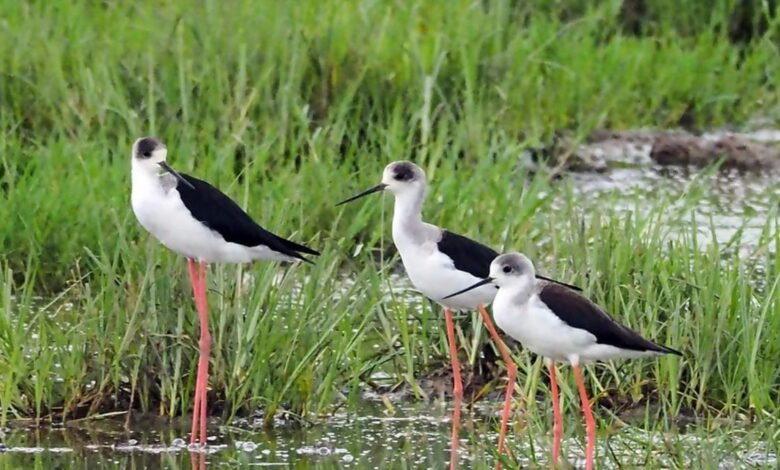
For the past three centuries, the systematic destruction of wetlands has resulted in the huge loss of marshes, swamps, and fens.
Wetlands are unique ecosystems home to a diverse array of plant and animal species. These wetlands filter pollutants from water and are habitats for migratory bird species.
Humans reap the benefits of wetlands but also pose a threat to these ecosystems through activities including agriculture, and resource extraction.
Wetlands also absorb carbon and hence indirectly thwart global warming. An area similar to the size of India, or 21 percent of the earth’s entire precious wetlands has been wiped out so far since 1700, according to a study in Nature. Previously, nature conservationists had put the figure at 50 percent of all wetlands.
Ireland lost 90% of its wetlands
But many countries have recorded varying degrees of loss, mainly due to the draining of these lands for the cultivation of crops. Ireland, as per the study using records and the latest maps, has lost 90 percent of its wetlands.
The study also admits the difficulty in identifying wetlands in various regions and seasons. For example, coral reefs may be considered wetlands as per some classification procedures, but another point of view is that coral reefs are too wet to be identified as unique ecosystems.
A report quoting the study published in Nature points out a disparity in the wiping out of wetlands — nearly 50 percent of the wetlands in Europe has been devastated with the United Kingdom suffering the worst — it has lost 75 percent of its wetlands.
Other major devastation of the wetlands happened in the United States, Central Asia, India, China, Japan, and south-east Asia – these regions have seen 50 percent of their total area considered wetlands being wiped out in the period from 1700.
But there seems to be growing awareness about the need to preserve wetlands, though these preservation efforts come at a huge cost. As per estimates, over $10 billion has been spent to restore the Florida Everglades, the largest such cost incurred on an eco-restoration project spanning 35 years.
Conservation turns out to be a must
Britain is reportedly mulling over introducing beavers again to enclosures across the country to increase the area which falls under the wetland category. As per studies beaver dams and the wetlands created can help build natural protection against flooding by nearly 60 percent.
A recent study by the United Nations estimated 40 percent of the earth’s species live and breed in these ecosystems. And an estimated one billion human beings depend on them for livelihood, emphasizing the need for their conservation.
So we should start conserving these natural habitats for the well-being of our planets in the future.
